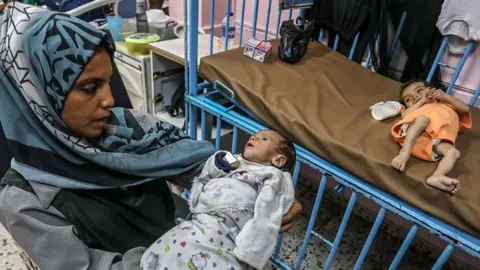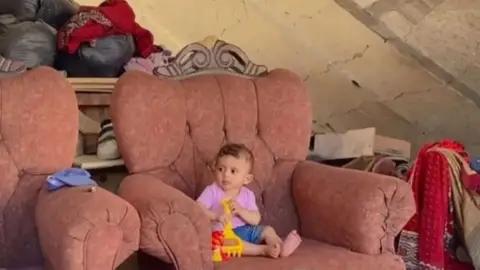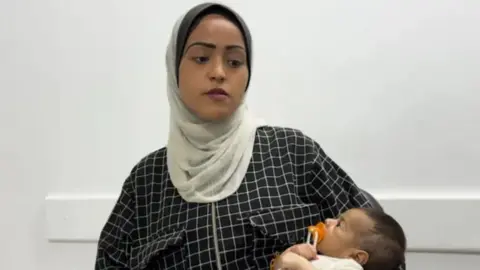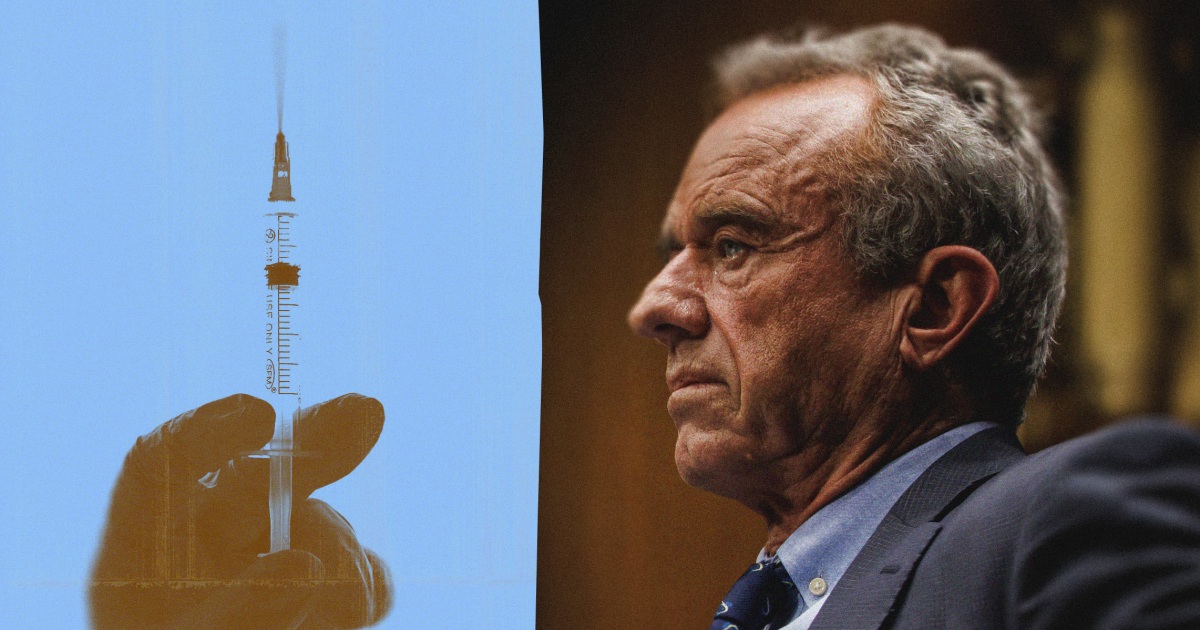BBC News
 BBC
BBCOne in five children in Gaza City is malnourished and cases are increasing every day, the UN’s Palestinian refugee agency (Unrwa) says.
In a statement issued on Thursday, Unrwa Commissioner-General Philippe Lazzarini cited a colleague telling him: “People in Gaza are neither dead nor alive, they are walking corpses.”
More than 100 international aid organisations and human rights groups have also warned of mass starvation – pressing for governments to take action.
Israel, which controls the entry of all supplies into Gaza, says there is no siege and blames Hamas for any cases of malnutrition.
The UN, however, has warned that the level of aid getting into Gaza is “a trickle” and the hunger crisis in the territory “has never been so dire”.
In his statement on Thursday, Lazzarini said “more than 100 people, the vast majority of them children, have reportedly died of hunger”.
“Most children our teams are seeing are emaciated, weak and at high risk of dying if they don’t get the treatment they urgently need,” he added, pleading for Israel to “allow humanitarian partners to bring unrestricted and uninterrupted humanitarian assistance to Gaza”.
On Wednesday, the World Health Organisation (WHO) said a large proportion of the population of Gaza was “starving”.
“I don’t know what you would call it other than mass starvation – and it’s man-made,” the head of the WHO, Tedros Adhanom Ghebreyesus, said.
 Tahani Shehada
Tahani ShehadaIn northern Gaza, Hanaa Almadhoun, 40, said local markets are often without food and other supplies.
“If they do exist then they come at exorbitant prices that no ordinary person can afford,” she told the BBC over WhatsApp.
She said flour was expensive and difficult to secure, and that people have sold “gold and personal belongings” to afford it.
The mother-of-three said “every new day brings a new challenge” as people search for “something edible”.
“With my own eyes, I’ve seen children rummaging through the garbage in search of food scraps,” she added.
During a visit to Israeli troops in Gaza on Wednesday, Israel’s President Isaac Herzog insisted his country was providing humanitarian aid “according to international law”.
But Tahani Shehada, an aid worker in Gaza, said people “are just trying to survive hour-by-hour”.
“Even simple things like cooking [and] taking a shower have become luxuries,” she said.
“I have a baby. He’s eight months old. He doesn’t know what fresh fruit tastes like,” she added.
Israel stopped aid deliveries to Gaza in early March following a two-month ceasefire. The blockade was partially eased after nearly two months, but food, fuel and medicine shortages worsened.
Israel, with the US, established a new aid system run by the Gaza Humanitarian Foundation (GHF).
According to the UN human rights office, more than 1,000 Palestinians have been killed by the Israeli military while trying to get food aid over the past two months.
It says at least 766 of them have been killed in the vicinity of one of the GHF’s four distribution centres, which are operated by US private security contractors and are located inside Israeli military zones.
Another 288 people have been reported killed near UN and other aid convoys.
Israel has accused Hamas of instigating the chaos near the aid sites. It says its troops have only fired warning shots and that they do not intentionally shoot civilians.
The GHF says the UN is using “false” figures from Gaza’s Hamas-run health ministry.

Najah, a 19-year-old widow sheltering in a hospital in Gaza, said she fears she would “get shot” if she travelled to aid distribution site.
“I hope they bring us something to eat and drink. We die of hunger with nothing to eat or drink. We live in tents. We are finished off,” Najah told the BBC.
A doctor working in Gaza with a UK medical charity, Dr Aseel, said Gaza was not close to famine, but already “living it”.
“My husband went once [to an aid distribution point] and twice and then got shot and that was it,” she said.
“If we are to die from hunger, let it be. The path to aid is the path to death.”
Abu Alaa, a market seller in Gaza, said he and his children “go to bed hungry every night”.
“We are not alive. We are dead. We are pleading with the whole world to intervene and save us,” he added.
Walaa Fathi, who is eight months pregnant with her third child, said Gazans are “experiencing a catastrophe and a famine that no one could have imagined”.
“I hope that my baby stays in my womb and I don’t have to give birth in these difficult circumstances,” she told the BBC from Deir al-Balah.



